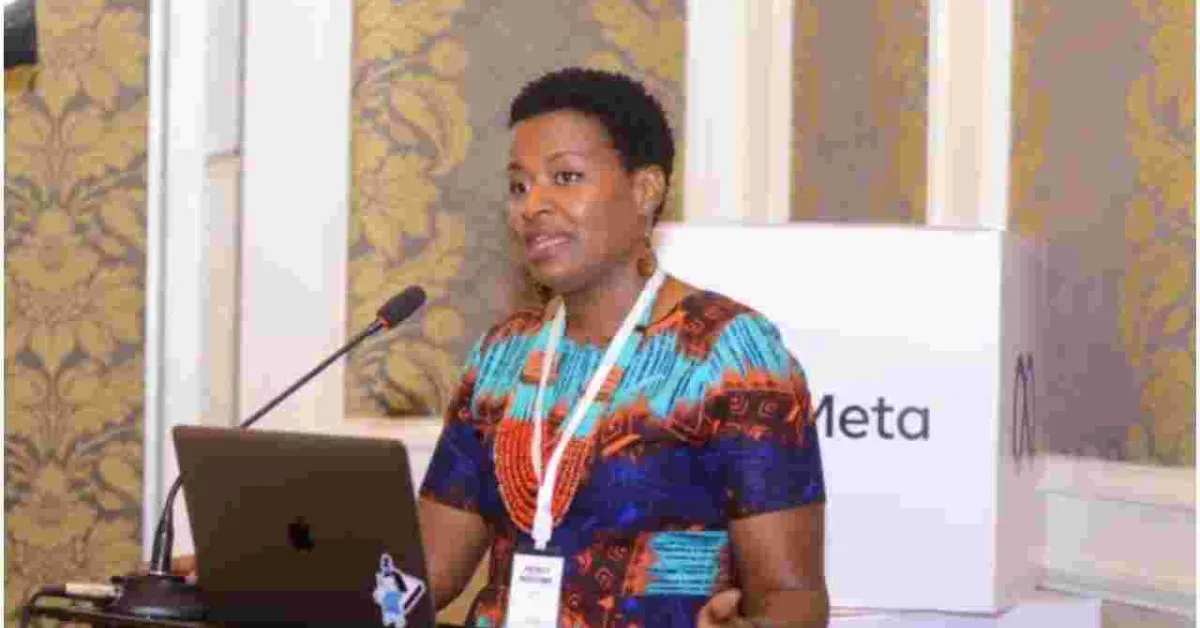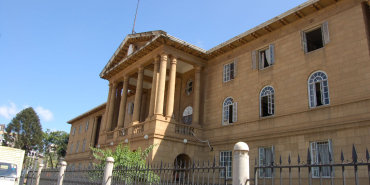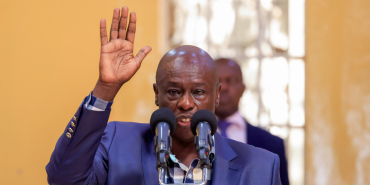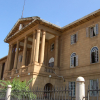Meta Steps Up War Against Fake News on Facebook and WhatsApp Ahead of Kenya's August Elections

Facebook’s parent company Meta has stepped up the war against fake information ahead of Kenya’s August 9th elections.
Meta announced on Thursday that it will remove on its services in Kenya content that could incite violence or cause physical harm ahead of the upcoming elections.
The US-based tech giant will work with their fact-checking partners in Kenya, including AFP, Africa Check and PesaCheck to review and mark potentially false content on their platforms, label it, and place it lower in their feed to limit the number of people seeing it.
“We are careful, however, not to limit political speech since we have a fundamental belief in free expression, respect for the democratic process, and the belief that political speech is the most scrutinized speech there is,” said Meta Public Policy Director for East Africa and Horn of Africa Mercy Ndegwa.
Ndegwa said they will also seek to decrease the risk of “problematic content” going viral in the country and potentially inciting violence or hatred by temporarily reducing the distribution of content from users who have been flagged for repeatedly or severely violating their policies.
She noted that the move is inspired by Meta’s experience in supporting more than 200 elections globally.
“We know we have an important responsibility when it comes to helping people participate in elections and to ensure safe, secure, and free elections. Using lessons from the past and input from experts and policymakers across the political spectrum, we’ve made substantial investments in people and technology to reduce misinformation, remove harmful content on our platforms, fight voter interference and promote civic engagement during the elections,” Ndegwa stated.
As part of the initiative, those seeking to run political ads in Kenya must go through a verification process to prove who they are and that they reside in the country.
“These ads are labelled with a disclaimer, so you can see who paid for them and stored them in our public Ads Library for seven years, so that everyone can see what ads are running, what types of people saw them and how much was spent. We also offer controls so that people in Kenya can choose not to see any of these political ads which run with a disclaimer,” Ndegwa added.














Add new comment